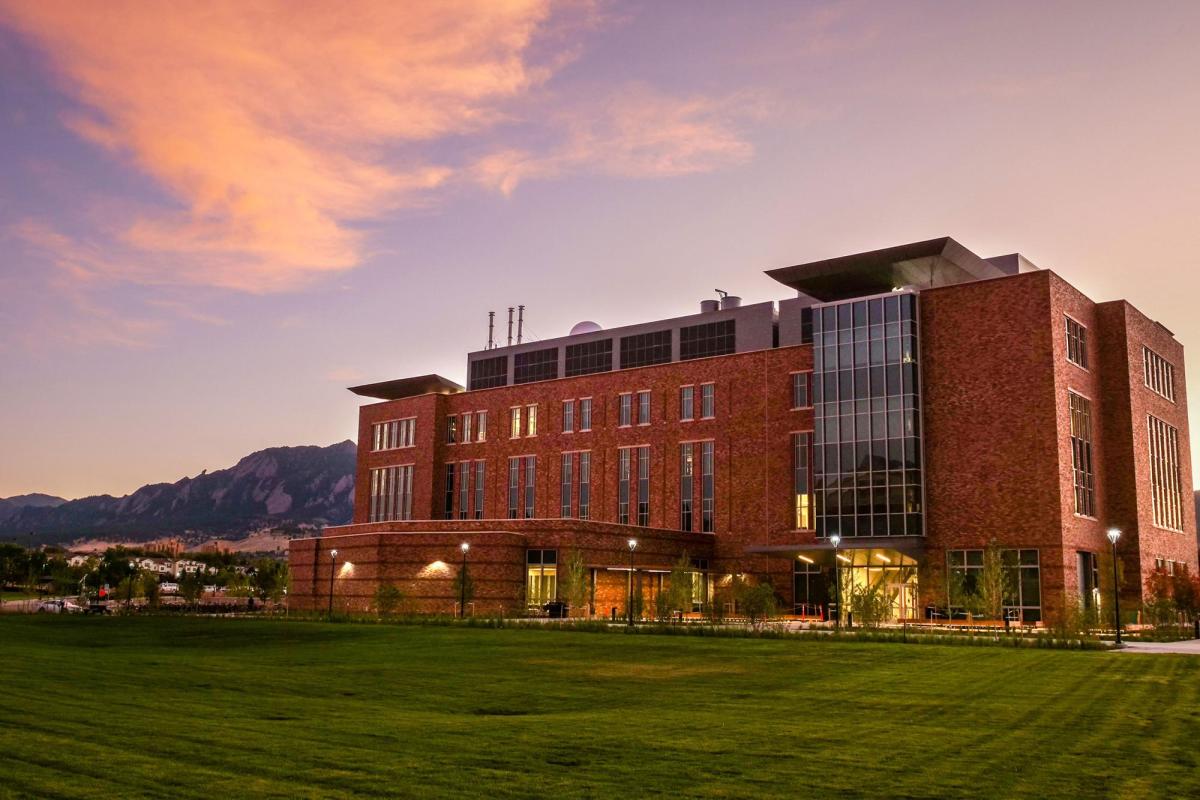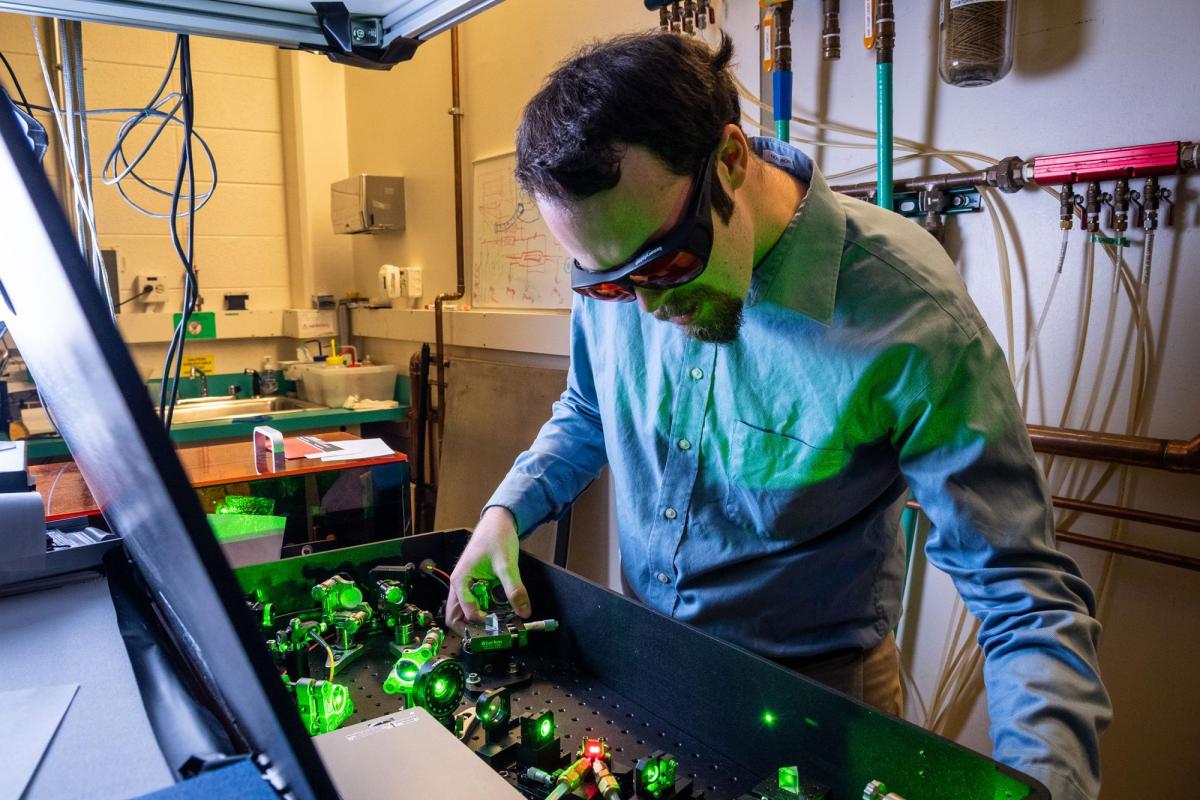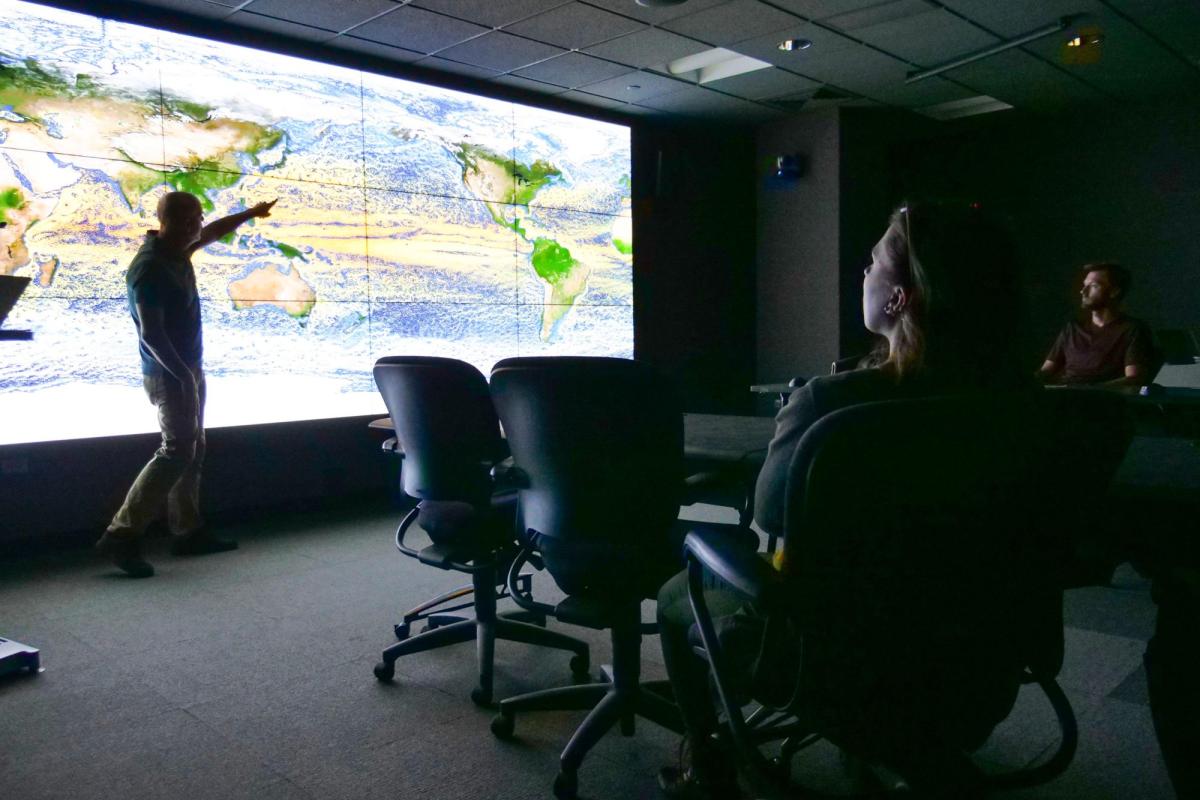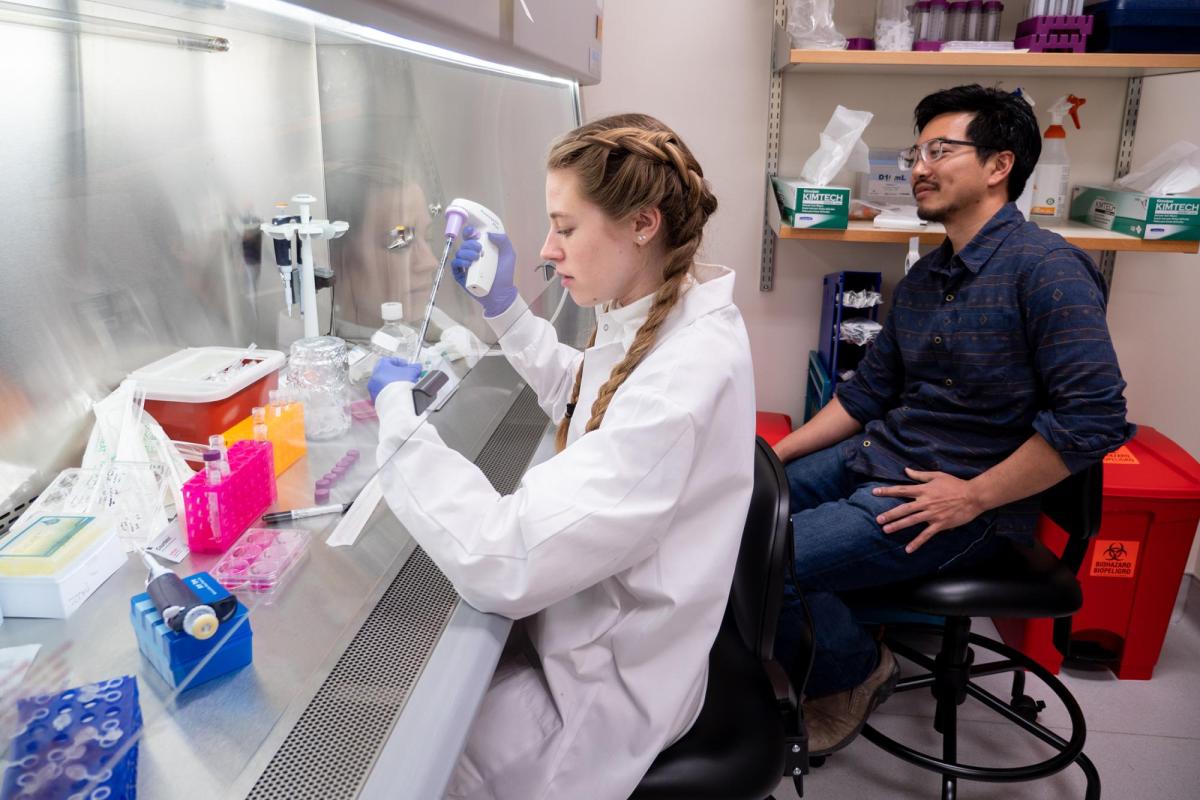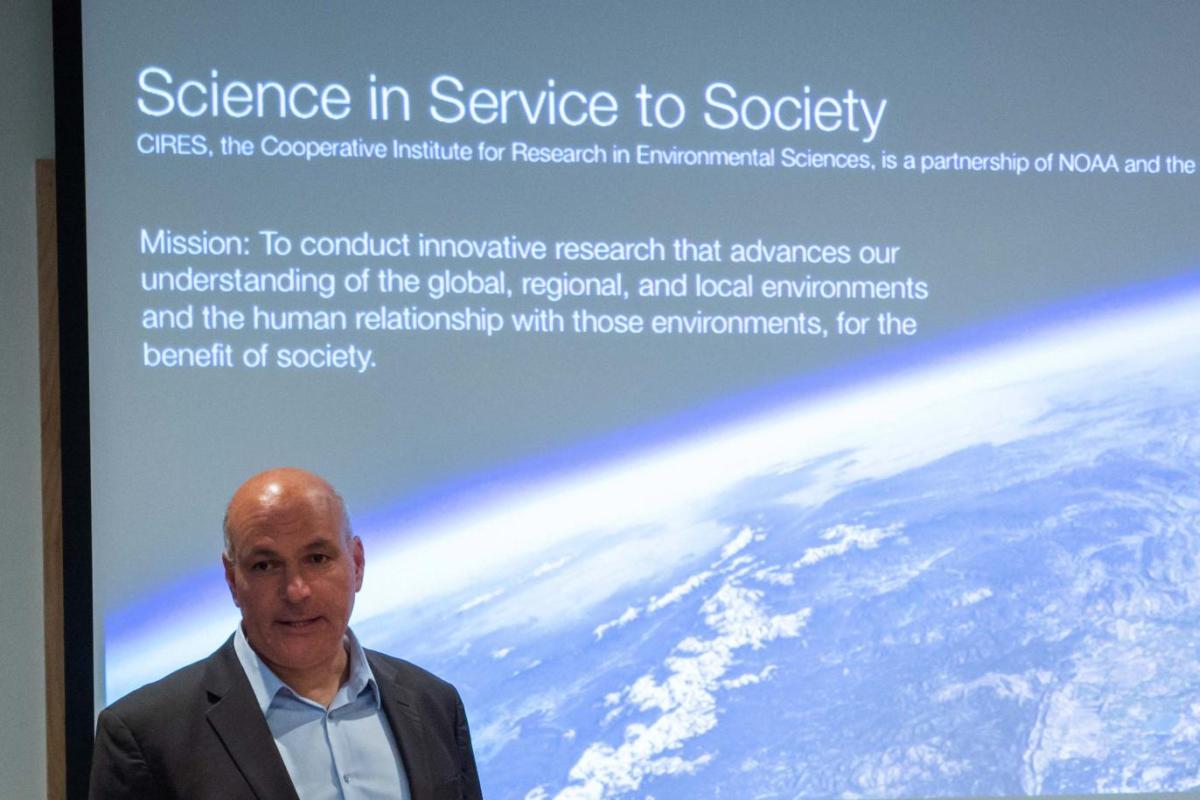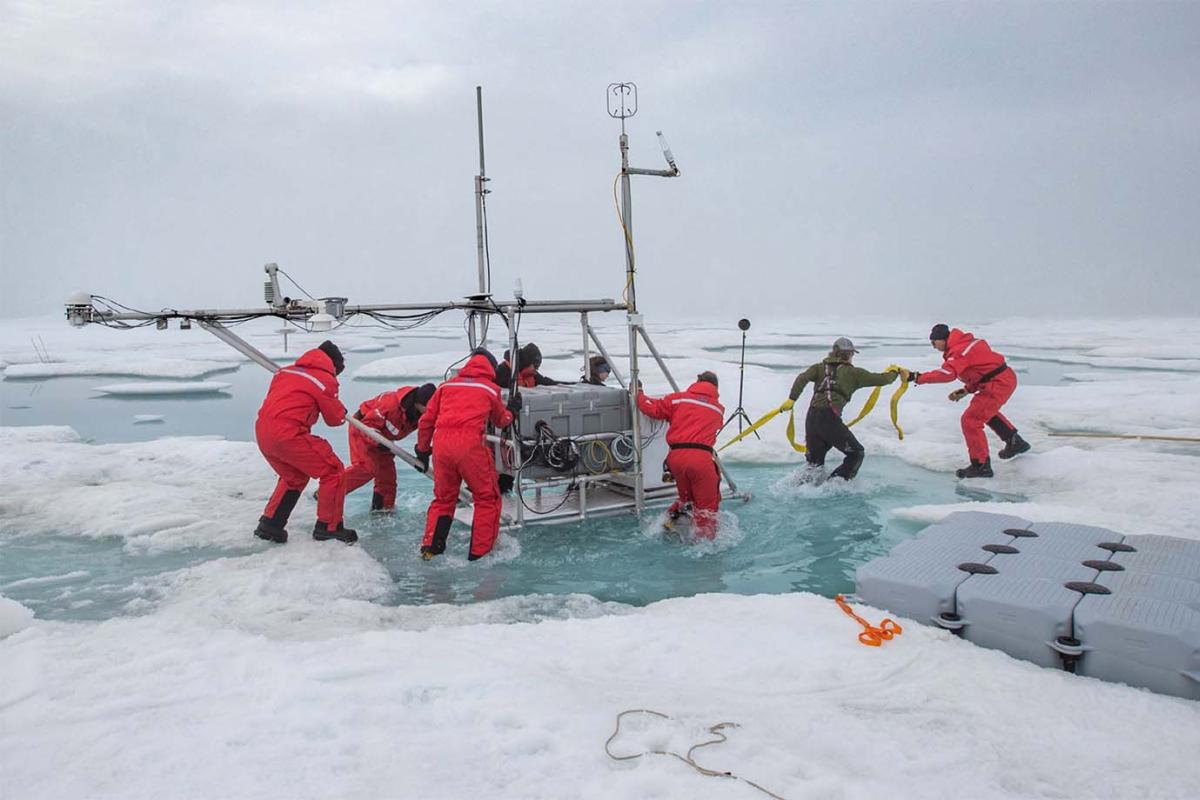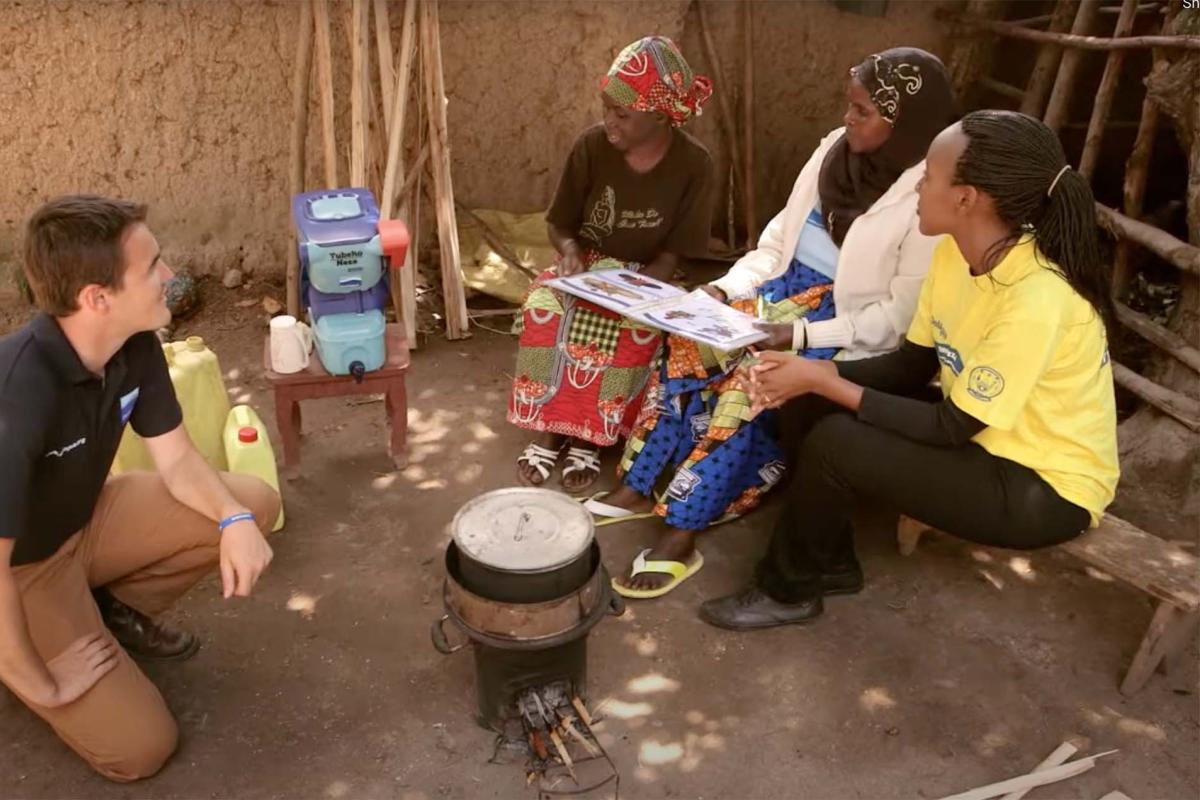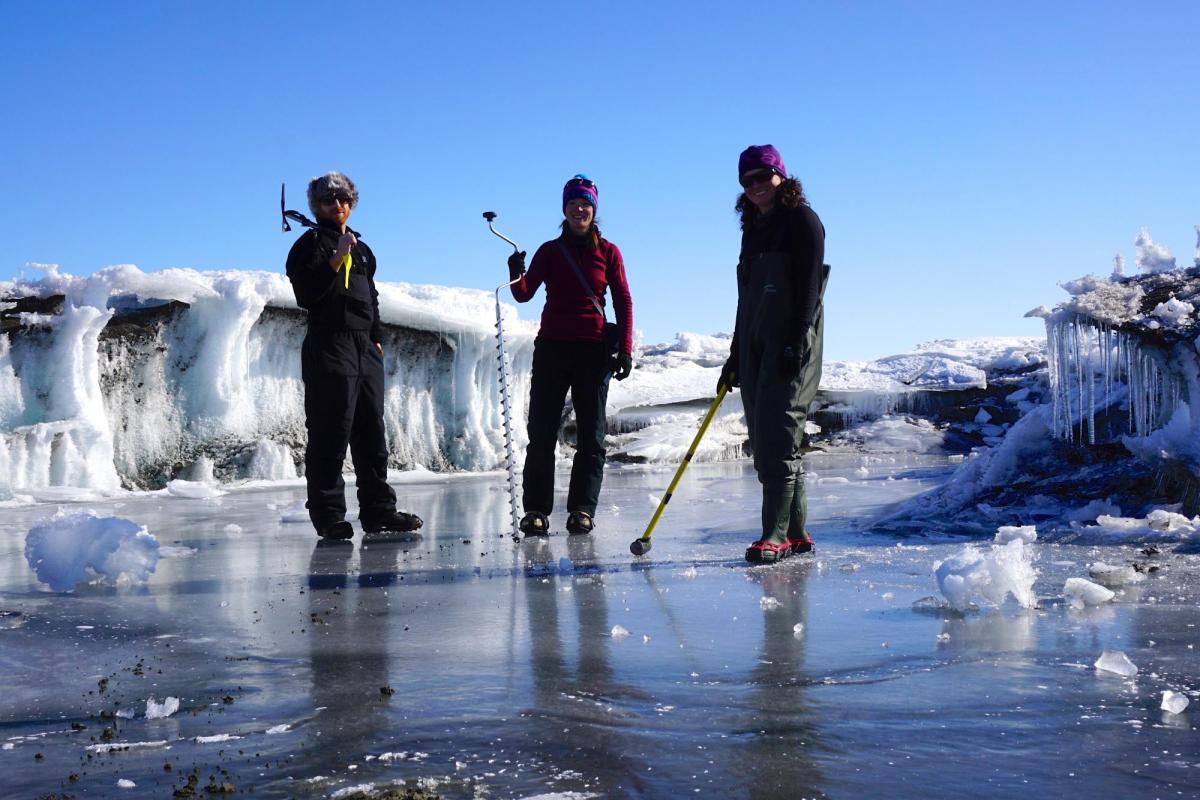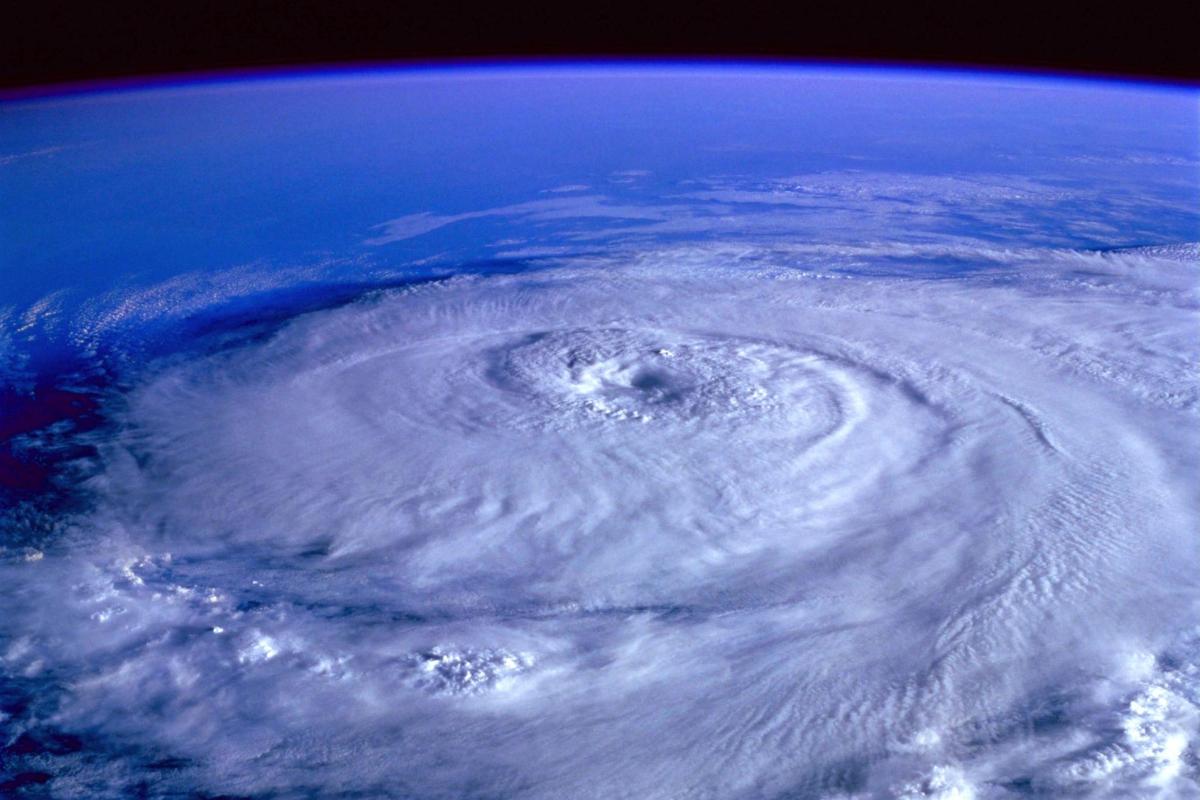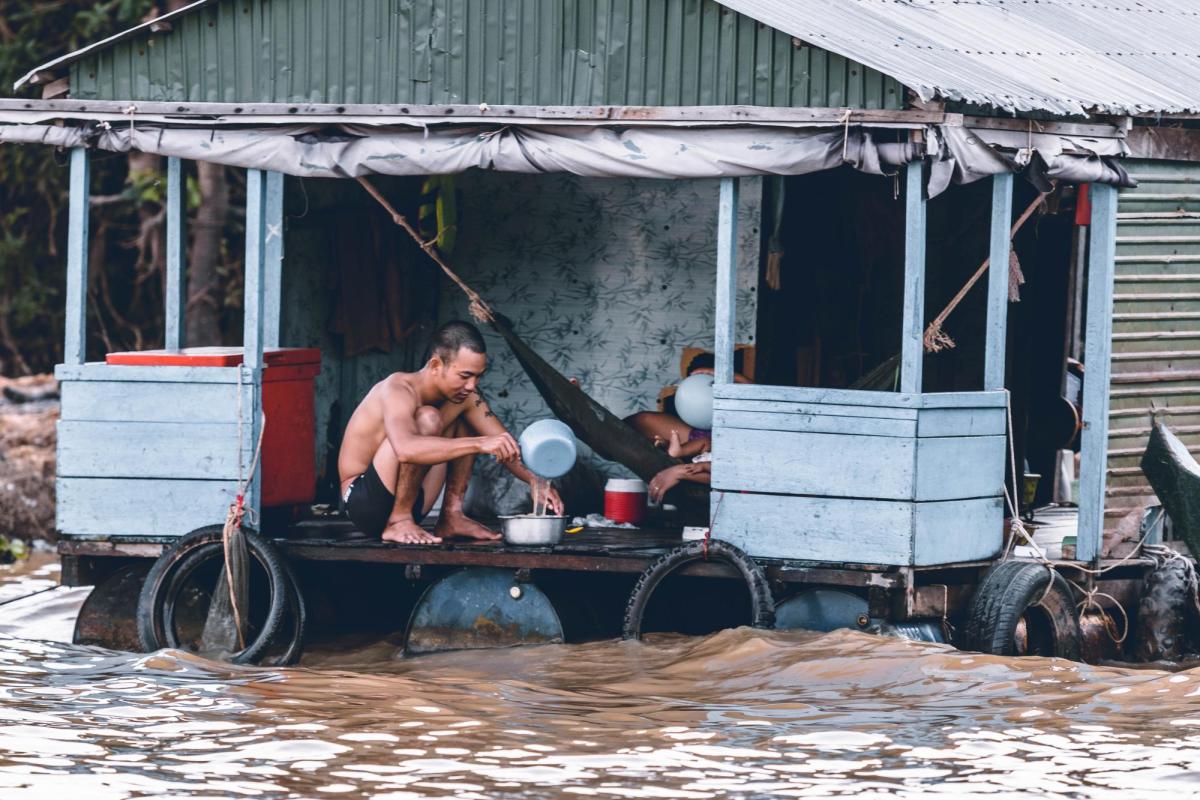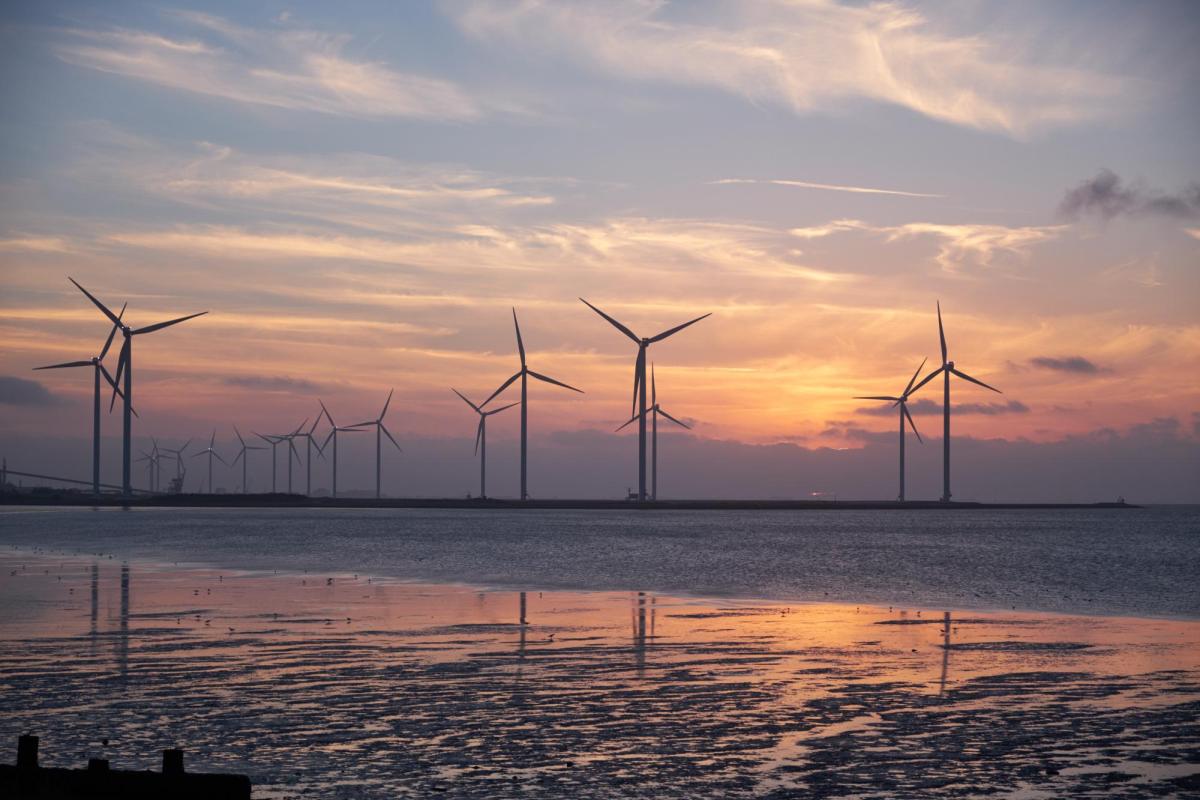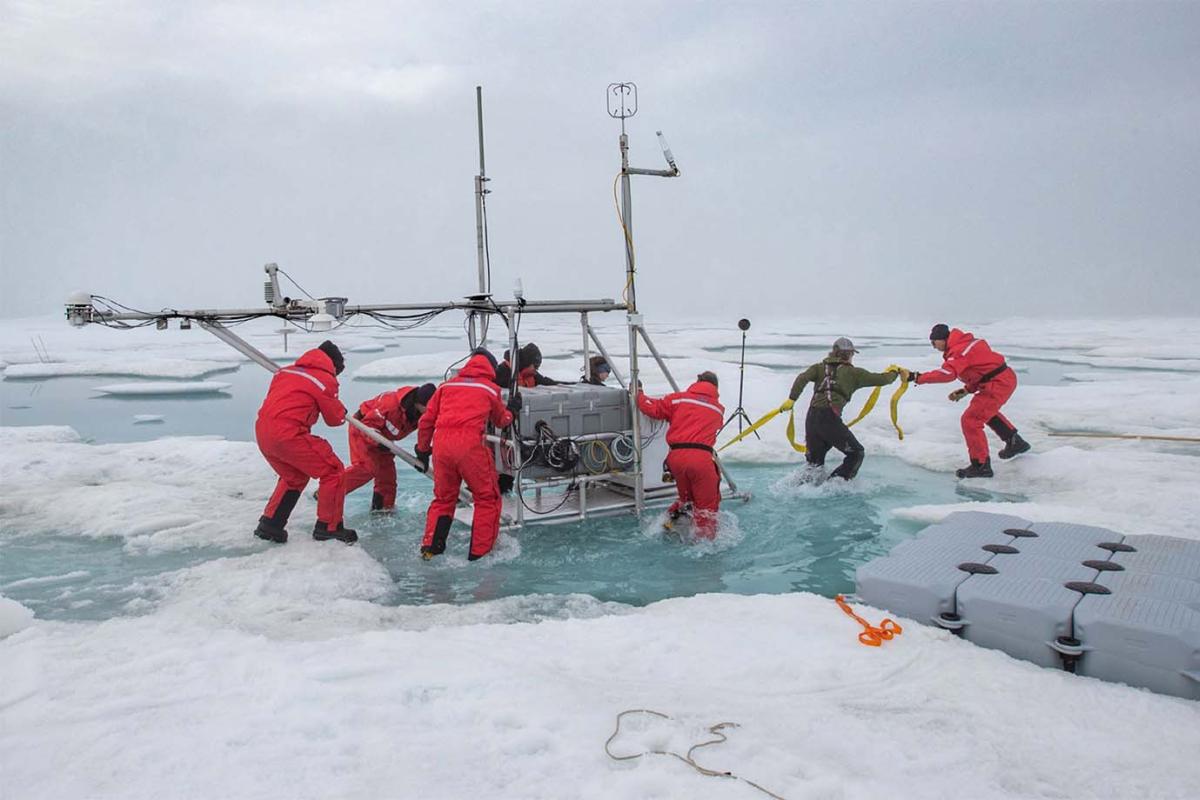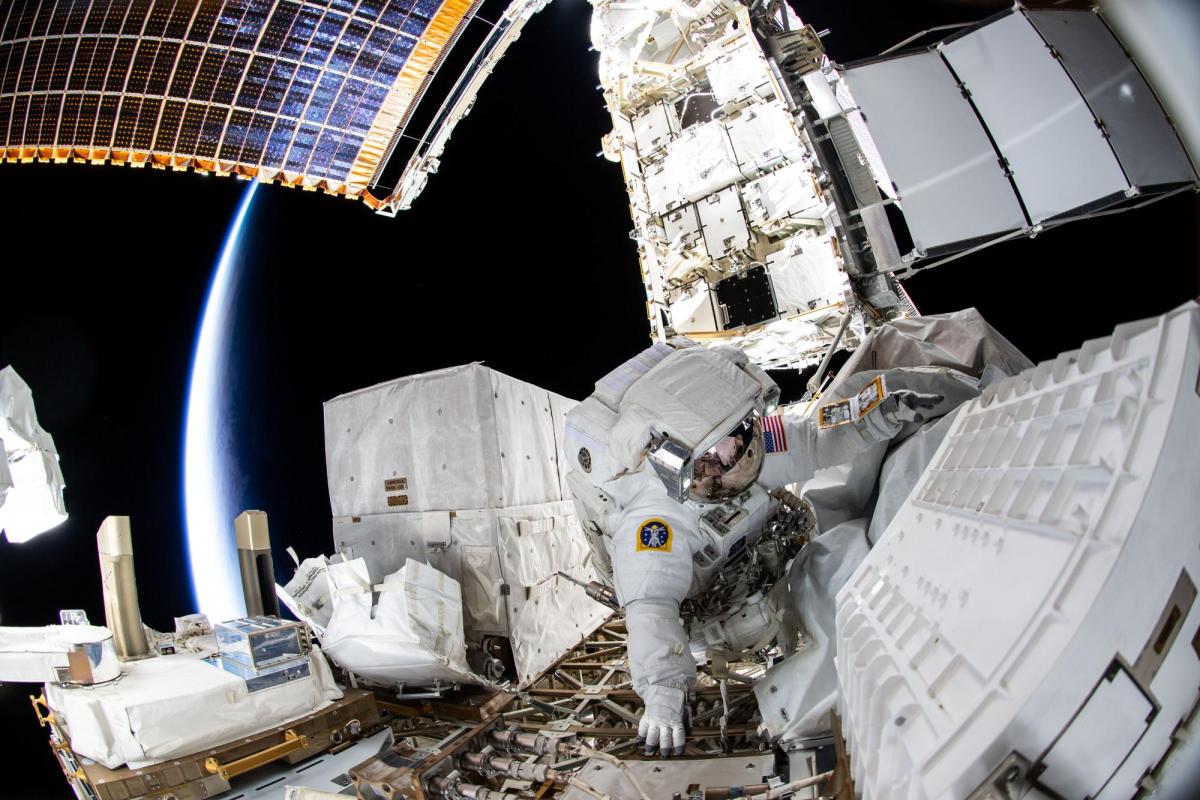About CU Boulder
For more than half a century, CU Boulder has been a research leader in climate and energy, interdisciplinary environmental studies, and human rights-related disciplines, and has engaged in sustainability practices on campus and beyond. We’re co-hosting the event as part of our comprehensive public research mission and global leadership in research related to the environment, behavioral sciences and issues related to human rights.
At CU Boulder, we are devoted to enabling leaders in change and innovators in science who positively impact humanity by using their research to inform the public and advocate for change.
We recognize the exceptional opportunities associated with our role as a research university. As one of only 35 U.S. public research institutions in the Association of American Universities (AAU), we value the unique strength and character research achievements bring to education, benefiting people today and informing the next generation of citizens and leaders.
Leaders in Change
Through strong partnerships, holistic leadership can take place. We’re proud to act in partnership with United Nations Human Rights and the Right Here, Right Now Global Climate Alliance as we, together, are committed to leading change for the humanitarian climate crisis.
Innovators in Science
Complex global issues call for ingenuity. CU Boulder is home to many of the nation's most highly cited researchers who lead innovations in climate, energy, sustainability, earth and environmental sciences.
Positively Impacting Humanity
Research brings solutions to light, engages others in thoughtful conversation and establishes actions we can take to better ourselves, our communities, our nations and our world.
Global Leadership in Research
Environmental Science in Service to Society
The Cooperative Institute for Research in Environmental Science (CIRES) connects CU Boulder's academic innovations, including world-renowned research and teaching, with National Oceanic and Atmospheric Administration (NOAA), the nation's premier earth science research agency, driven by a mission of science in service to society.
Human Vulnerability, Migration and Resilience
Institute of Behavioral Science (IBS) researchers study the relationship between social and natural systems around the world. Of special interest to these CU Boulder researchers are climate change and human vulnerability, population migration, and the resilience of communities to wildfires, hurricanes, droughts and floods.
Addressing 21st-Century Human Challenges
BioFrontiers Institute research bridges the biological and social sciences, ranging from climate change-driven emergence of viral diseases to tracking human density and mobility in response to disruptive events. Scientists spanning CU Boulder are using cross-disciplinary approaches to generate innovative solutions to 21st-century human challenges.
Energy-Based Solutions to the Climate Crisis
Renewable and Sustainable Energy Institute (RASEI) researchers develop energy-based solutions to the climate crisis. This partnership between CU Boulder and the National Renewable Energy Laboratory (NREL) enhances collaboration across the fundamental and applied sciences, driving innovation and implementation to address critical societal needs.
Illuminating the Global Climate System
Since the 1980s, CU Boulder scientists at the Institute of Arctic and Alpine Research (INSTAAR), in partnership with NOAA, have analyzed air samples from a global network to better understand where greenhouse gases originate (e.g., from fossil fuels or wetlands) and to illuminate how the climate system works.
Informing Decision-Making from Space
Laboratory for Atmospheric and Space Physics (LASP) at CU Boulder is a leader in developing the sensing capabilities that enable scientists to monitor and better understand our changing environment, extending decades of climate data records that help us understand and make informed decisions related to climate change.
Research Highlights



